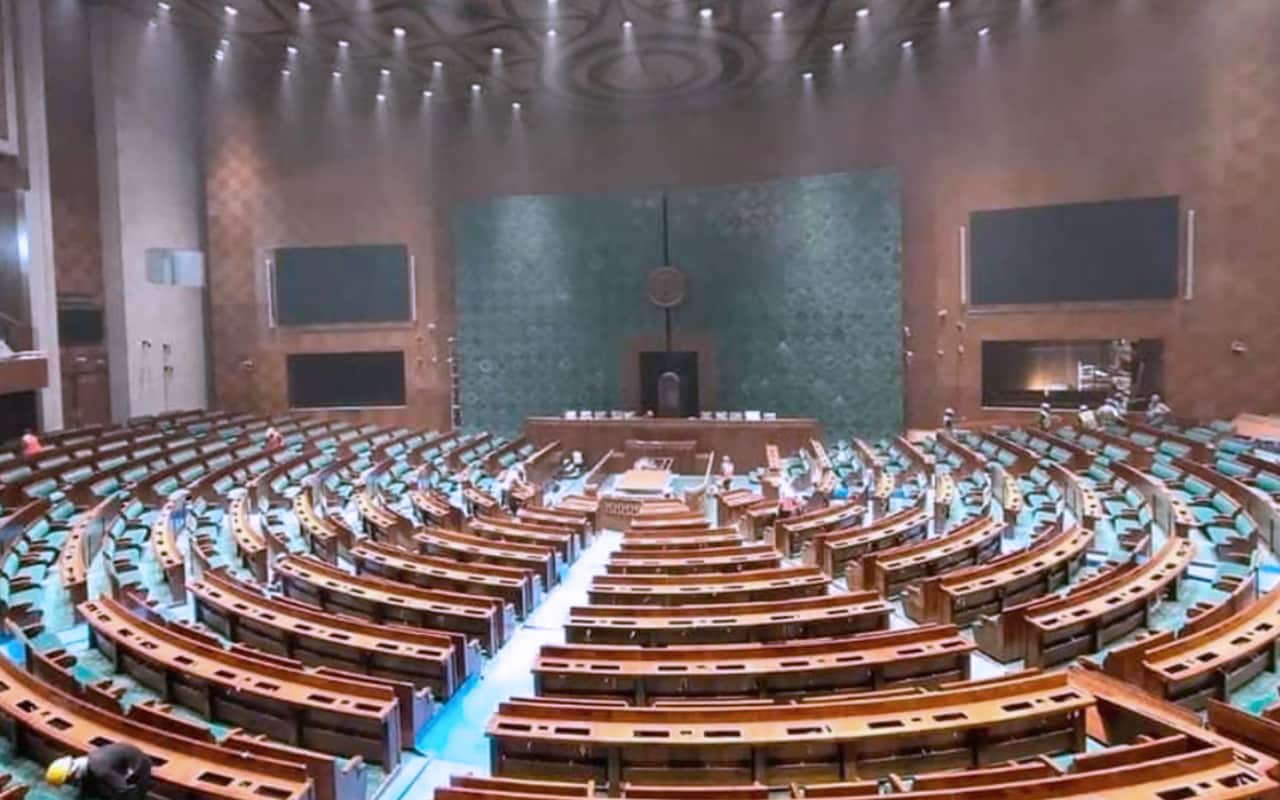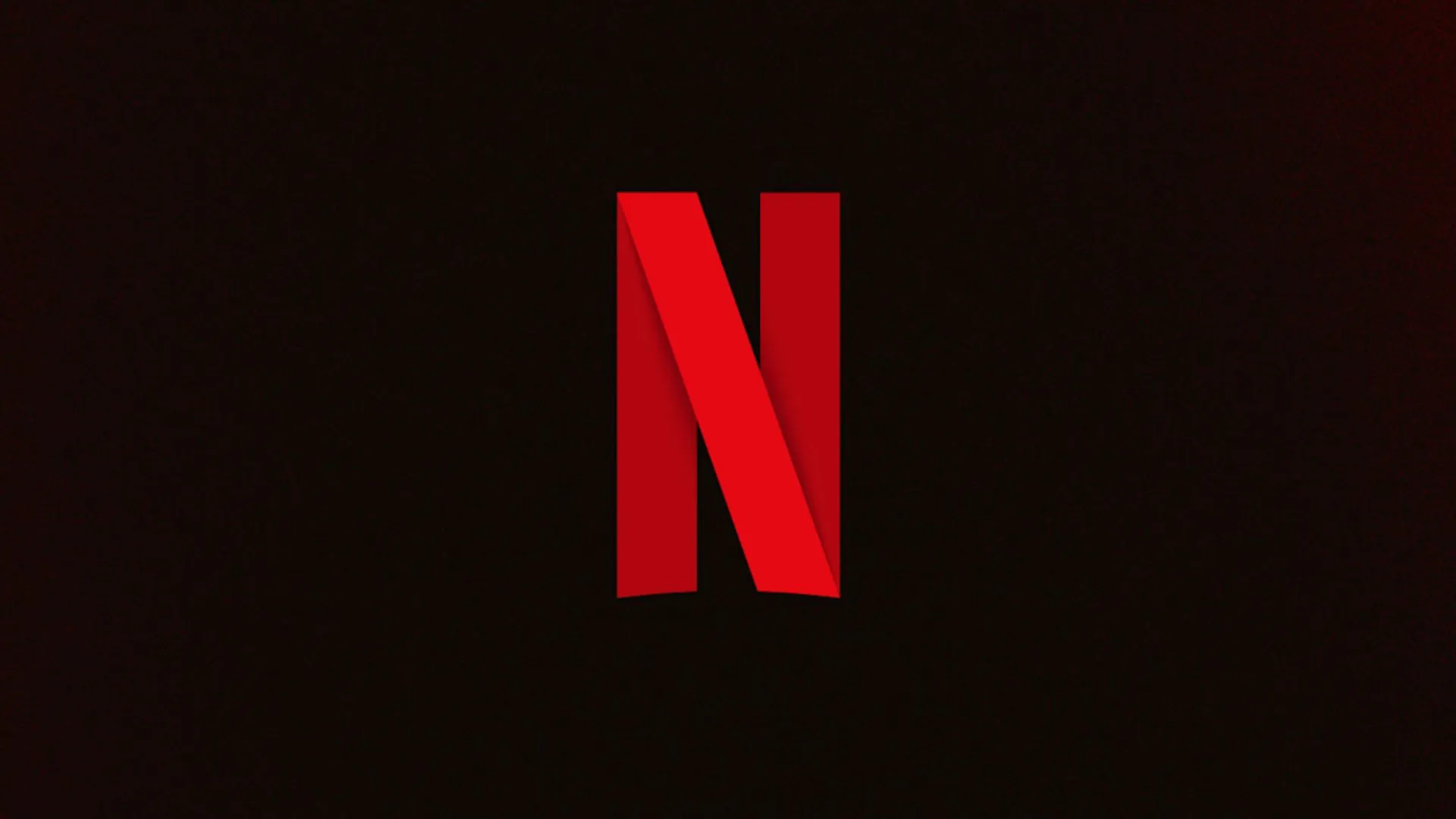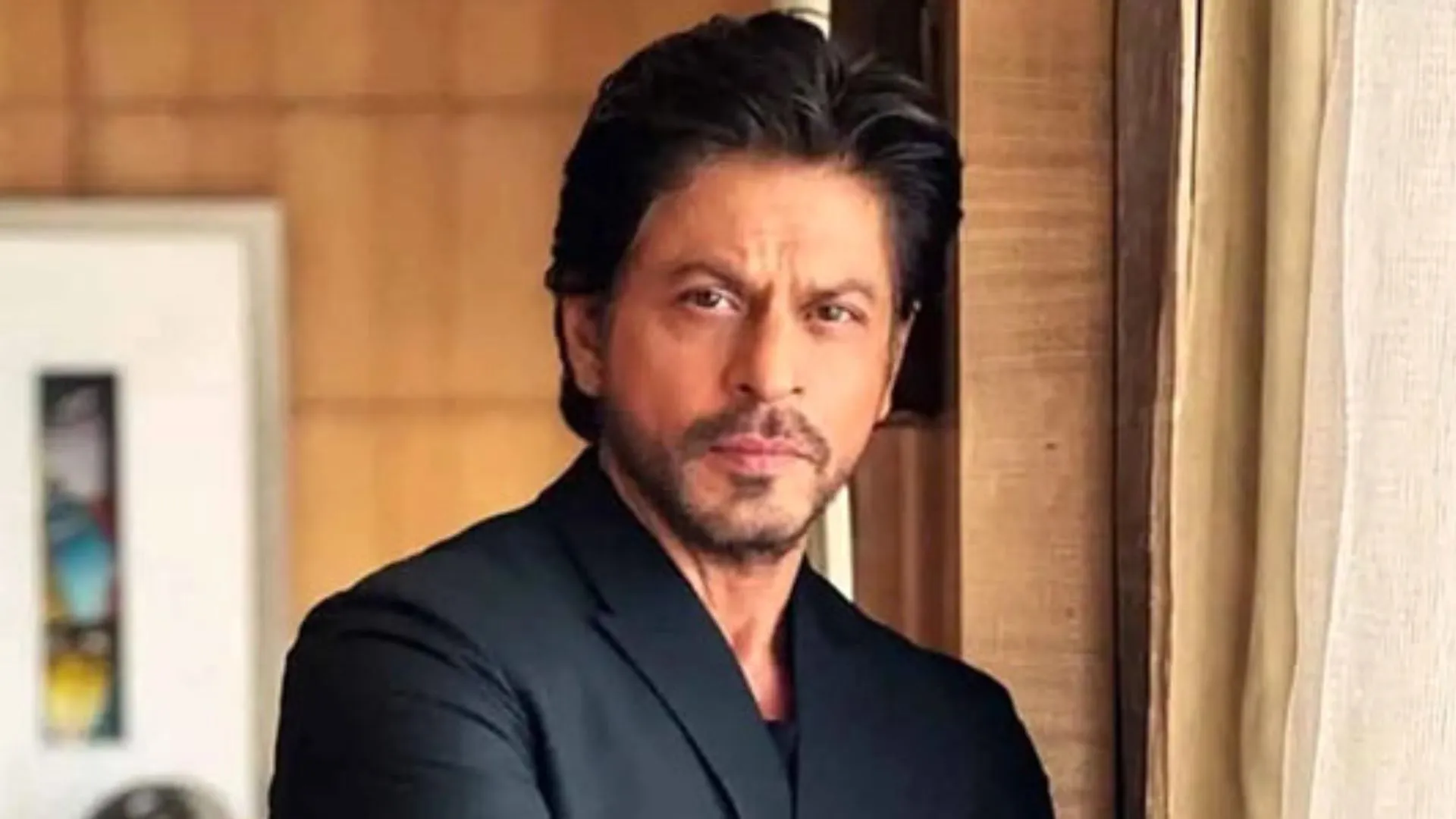The May 28 inauguration of India’s new Parliament building, which aims to break free from the country’s colonial past, has become embroiled in controversy as an increasing number of opposition parties announce their decision to boycott the highly anticipated event. Reports indicate that 21 opposition parties have chosen to abstain from attending the inauguration, raising concerns about the unity and inclusivity of the occasion.
This is not the first time such a boycott has occurred. In 2020, during the foundation stone-laying ceremony of the new building, a similar boycott took place amid the backdrop of the COVID-19 pandemic and widespread protests by farmers against agricultural reforms proposed by the Modi government.
Opponents of the Bharatiya Janata Party (BJP)-led government argue that the inauguration by Prime Minister Narendra Modi is a slight to President Droupadi Murmu, a tribal woman, who was not given the opportunity to perform the honors. The responsibility of inviting dignitaries to inaugurate the new Parliament building lies with the Lok Sabha Speaker, who extended the invitation to Prime Minister Modi.
While there are questions about the role and powers of the President, it is important to note that the President typically acts on the advice of the prime minister-led Council of Ministers. The President’s role is largely ceremonial, serving as a figurehead with limited executive powers. Precedents from India’s post-independence era reveal that it has been customary for leaders other than the President to perform ceremonial duties at important events.
In light of the controversy, NewsX conducted a snap poll survey to gauge public opinion on the matter. The survey results indicate that a majority of respondents believe that MPs from all political parties should attend the inauguration (81.7%), and parties should set aside politics to present a united front for one day (80%). Additionally, a significant portion of the respondents (66.7%) believe that the opposition should end their boycott, while a smaller percentage (22.2%) advocate for a change in the inaugural protocol.
As concerned citizens, it is crucial to keep ourselves informed about the inauguration date and encourage open dialogue among family and friends to foster a better understanding of the diverse perspectives surrounding this event.
The escalating controversy and boycott by opposition parties highlight the challenges of navigating the delicate balance between inclusivity, political protocol, and symbolic representation during significant national ceremonies. The outcome of this controversy will not only shape the narrative around India’s colonial legacy but also have implications for political dynamics in the country moving forward.
As the May 28 inauguration draws near, the nation eagerly awaits the unfolding of events and the decisions made by political leaders, which will ultimately shape the legacy of India’s new Parliament building.























